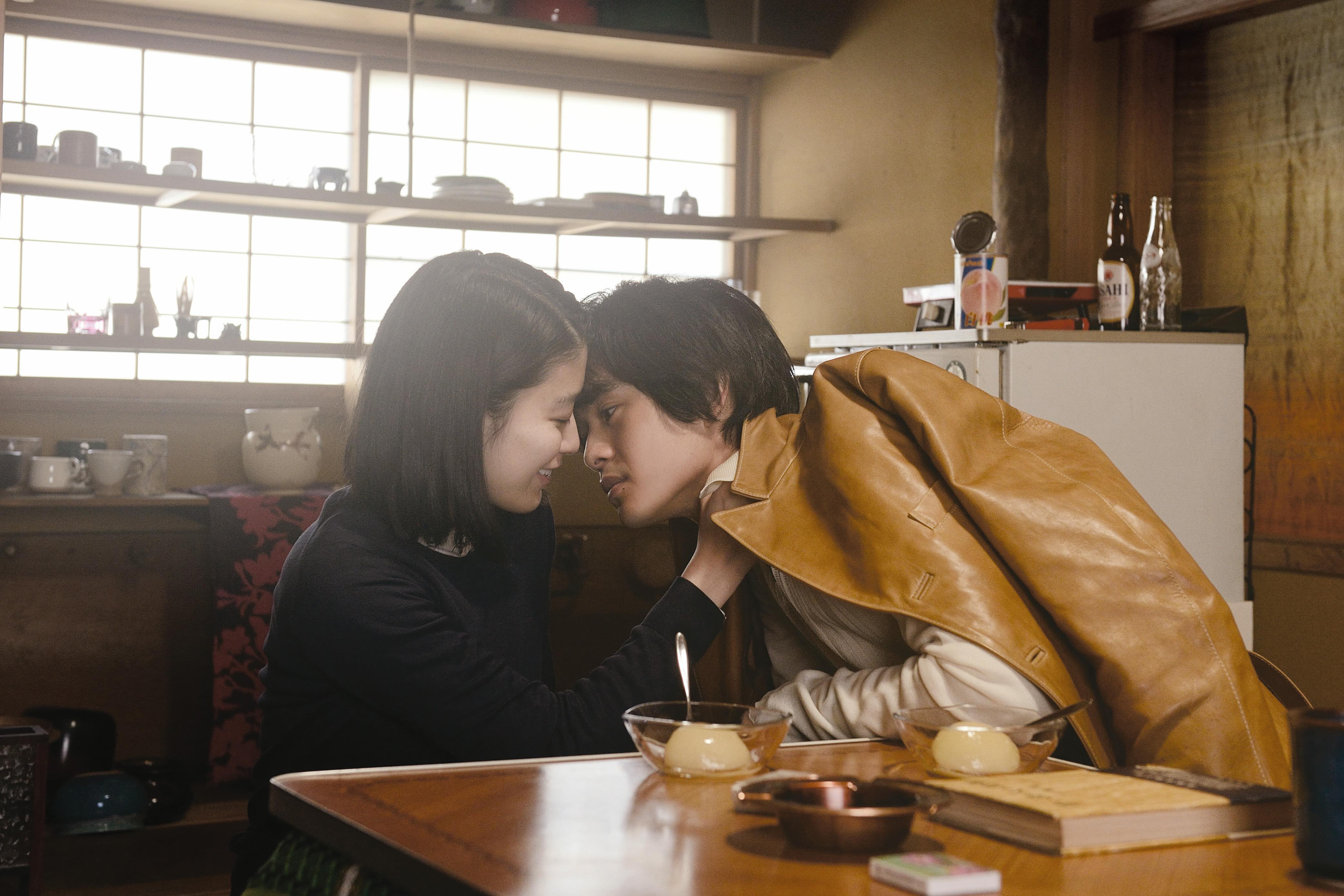When I see Japanese films set in the late 1960s and early '70s, at the height of student protests, I always feel that something is off, while knowing that the "something off" is me.
At the time I was in Ann Arbor, Michigan, aka Counterculture Central for everything from brick-tossing battles with police to hippy bacchanalia with who-knows-what in the punch. Detroit poet John Sinclair's call for revolution via "rock 'n' roll, dope and f—-ing in the streets" was our not-entirely ironic mantra.
By contrast, '60s student types in films such as Yukinari Hanawa's 2006 crime romance "First Love" ("Hatsu-koi") or Nobuhiro Yamashita's 2011 drama "My Back Pages" strike me as anachronistic, as if straight-arrow kids from a '50s episode of "The Adventures of Ozzie and Harriet" had wandered into the drugged-out world of "Easy Rider." But Hitoshi Yazaki's "A Cappella" ("Mubanso"), a coming-of-age drama based on Mariko Koike's semi-autobiographical novel, reminded me that, though students here were listening to The Rolling Stones, their heads were in a different place.



